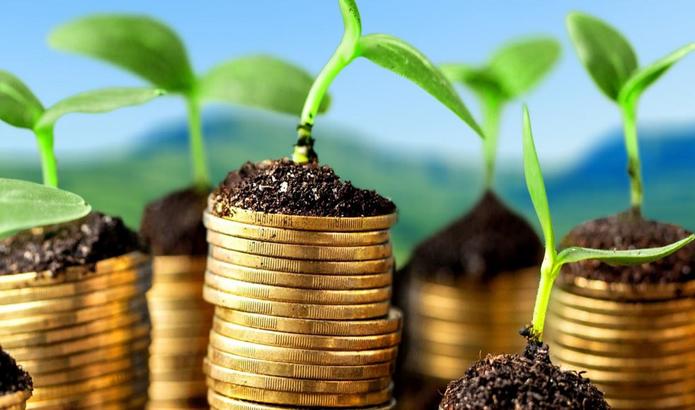Investor pressure group urges G20 to reform agricultural subsidies

A group of 32 investors managing $7.3 trillion in assets have urged the G20 group of wealthier countries to align agricultural subsidies with their climate and nature goals by the end of the decade.
The group, which includes Britain’s biggest asset manager Legal & General Investment Managers and the fund arm of BNP Paribas, issued their first ever call to the countries’ finance chiefs ahead of a G20 summit in September in India.
The intervention marks the first time investors have grouped together to tackle global subsidies in this way, they said, and follows a narrower 2021 request to the European Union, amid concern about the risks to investment portfolios of inaction.
A 2021 United Nations report said around 87% of the $540 billion in total annual subsidies to agricultural producers included measures that were price distorting and potentially harmful to nature and human health.
In addition, subsidies caused $4-$6 trillion in damage to nature each year, a landmark 2021 UK report on the economics of biodiversity said.
While a global deal to preserve biodiversity, including reform of subsidies, was struck in December in Montreal, it was crucial that richer countries acted quickly, said Helena Wright, policy director at the FAIRR Initiative, a grouping of investors managing $70 trillion focused on farming issues.
“Investors are calling on the G20 to lead by example and ensure these commitments are met – to the benefit of the climate and nature.”
To help fix the issue, the investors called for governments to link their financial support to the sector with their environmental obligations, including the Paris Agreement on climate change and the pledge to protect biodiversity.
They should also shift incentives to focus on sustainable agriculture; remove subsidies from products with a high impact on climate-damaging emissions, such as dairy or red meat; and increase funding to help workers impacted by the switch.
“We need wholesale transformation of the food system, because it’s one of the most-damaging systems of all to the climate and nature,” Rachel Crossley, head of stewardship for Europe at BNP Paribas Asset Management told Reuters.
Launched in 2016, the FAIRR Initiative provides data, research and advocacy initiatives that address the risks and opportunities in the food sector.
Among its most high-profile wins was the successful lobbying of the UN’s Food and Agriculture Organization to create a global roadmap for the food sector out to 2050, with the results due to be released at November’s COP28 climate talks in Dubai.
A call two years ago for G20 nations to disclose targets to reduce agricultural emissions in their national net-zero plans was also picked up by the COP28 hosts, who are asking governments to sign a declaration that includes such a pledge.
Read also
Wheat in Southern Brazil Impacted by Dry Weather and Frosts
Oilseed Industry. Leaders and Strategies in the Times of a Great Change
Black Sea & Danube Region: Oilseed and Vegoil Markets Within Ongoing Transfor...
Serbia. The drought will cause extremely high losses for farmers this year
2023/24 Safrinha Corn in Brazil 91% Harvested
Write to us
Our manager will contact you soon



